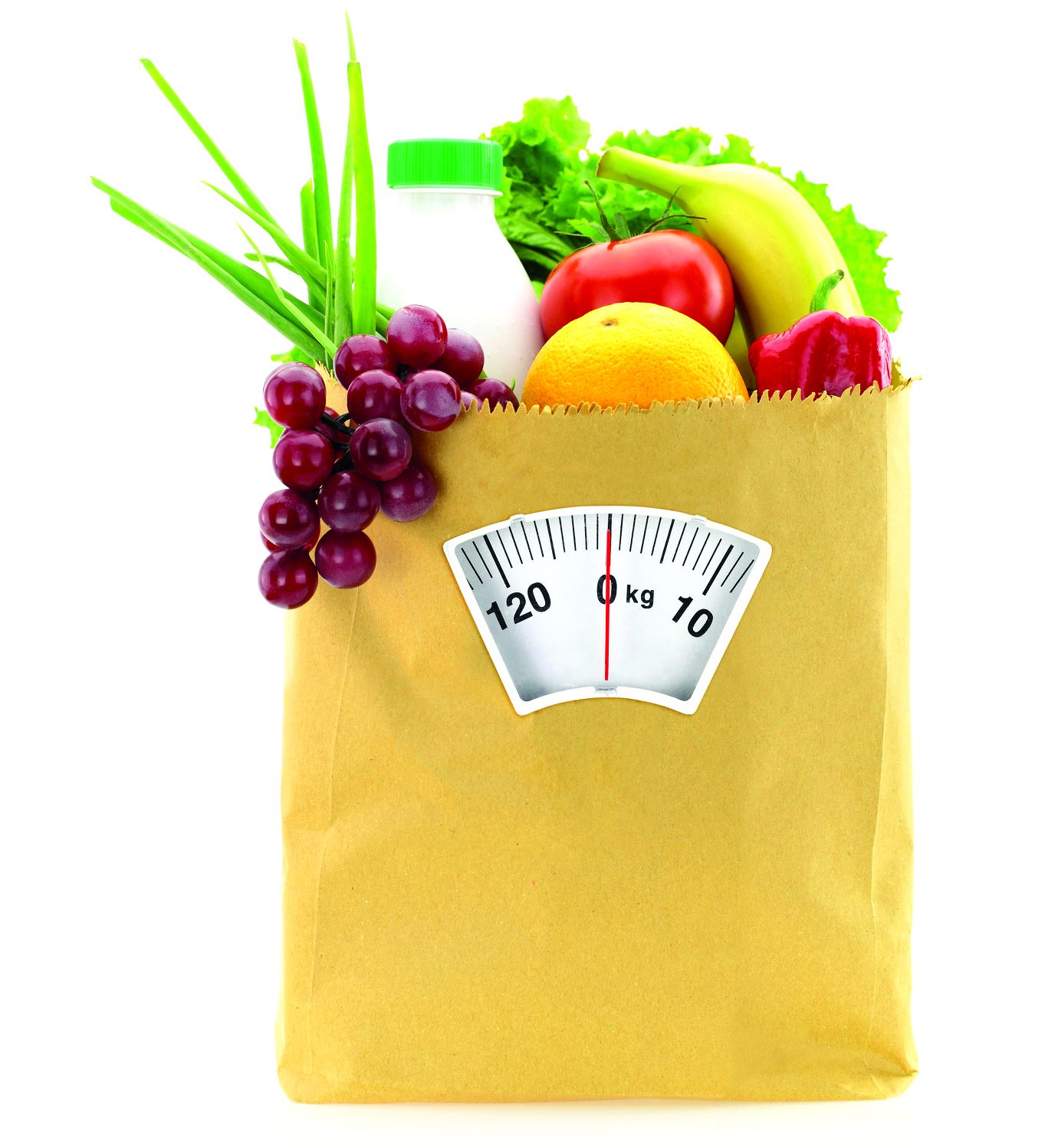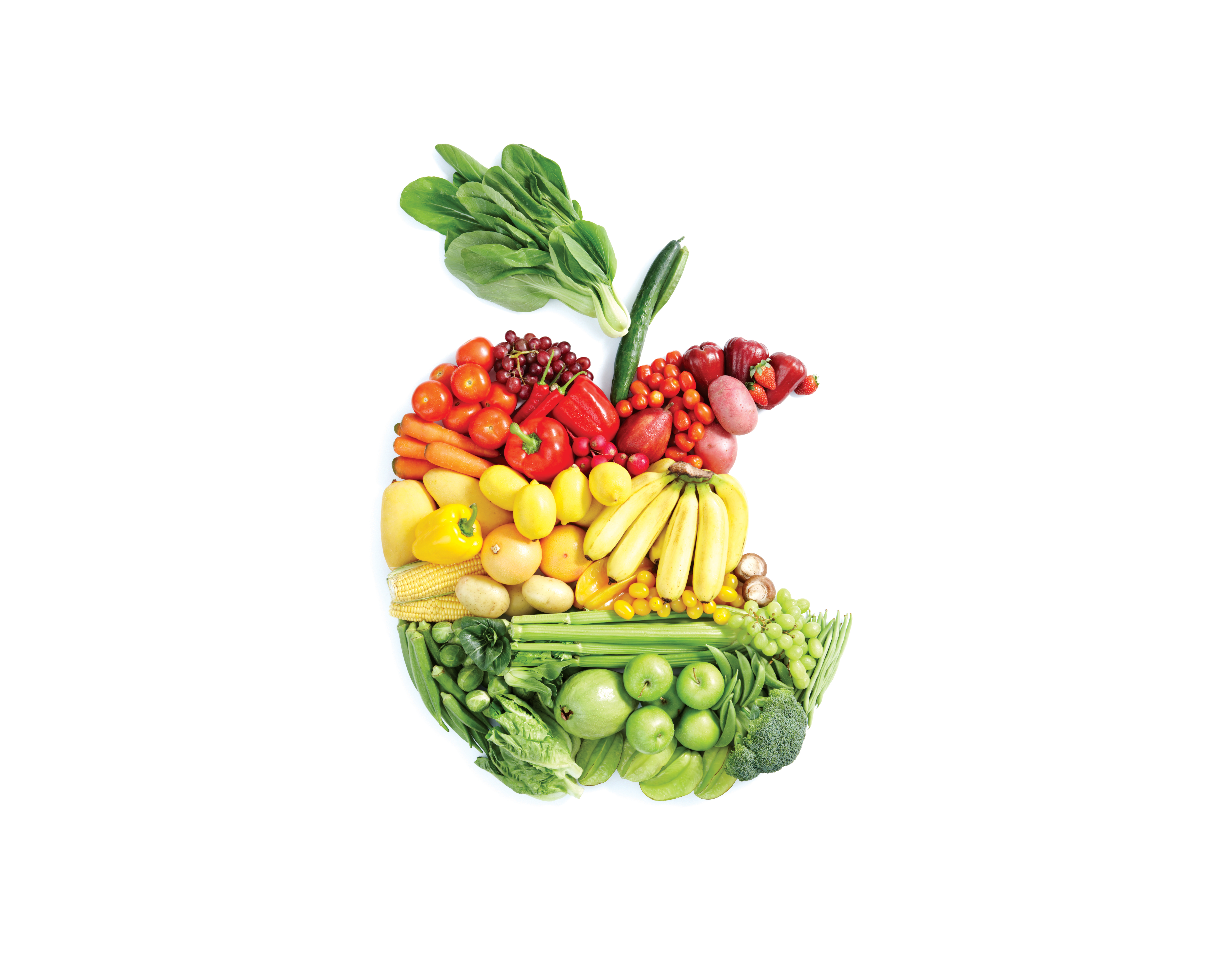By Megan Williamson BA, National Academy of Sports Medicine Certified Personal Trainer

Weight-loss diets are all the rage right now. I am sure you have heard of a few of them or maybe even tried one or two. There’s the Paleo diet, the DASH diet, Atkins, the Mediterranean diet and even a Nordic diet—to name a few.
Keep in mind that no matter which diet you follow, it will most likely work; but it will work for a reason other than what you may think. Simply put … It is not always the specifics of the diet itself that make it successful, rather, it is the consistency with which the diet is actually followed that causes the desired outcome.
From afar, most generic diets are not actually all that different from one another. For the most part, you will find that they are heavy on the vegetables and whole grains. They all have relative to high amounts of protein, and ‘good’ fat. The one common denominator across all the diets? You guessed it … little to no refined sugars.
This is all great when applying these diets to the general population. However, when we start getting into neuro dysfunction like spinal cord injury or MS, we have other factors to consider, like the role of inflammation in the body. Unfortunately, not all inflammation can be helped in the body after neurotrauma has happened. What we can do, however, is alleviate some of it through our food choices.
Let’s take a look at a few diets that recommend anti-inflammatory foods.
Fats: Good fat (as we call it) includes Omega 3’s, monosaturated and polyunsaturated all have anti-inflammatory properties and are recommended by almost all the diets.
Foods to try: Fish (especially fatty), fish oils, eggs, seeds and nuts, beans, oils such as olive or flaxseed, edamame, avocado and tofu.
Fats to limit: Red meat and trans fats. (These are found in the Atkins diet)
Fiber-rich foods: Studies show association with low inflammation levels in the body with beans, legumes, whole grains such as steel-cut oats, barley, brown rice, quinoa, air-popped popcorn (The Paleo diet does not allow any of these high fiber foods)
Alcohol: Red wine has resveratrol which has been linked to the protection of our red blood vessels, thus acting as an anti-inflammatory. The Mediterranean diet is very popular for just that reason; as it incorporate and even encourages the occasional glass of vino.
Spices: Shown to have anti-inflammatory properties, spices such as turmeric cayenne, ginger or cloves can be added to your meals at home. Bonus: spices are also calorie-free and add tons of flavour!
Contrary to what you might think, this article wasn’t written to tell you which diet to follow, or not, (that is for your dietician to help you with!) Instead, I suggest that you put this advice in your back pocket as a guideline, in case you find yourself confused with all the fad diets out there.
Remember, if you want to lose weight and improve the level of inflammation in your body, it’s the small changes over time that accumulate and promise to make the difference.
Your coach,
Megan














